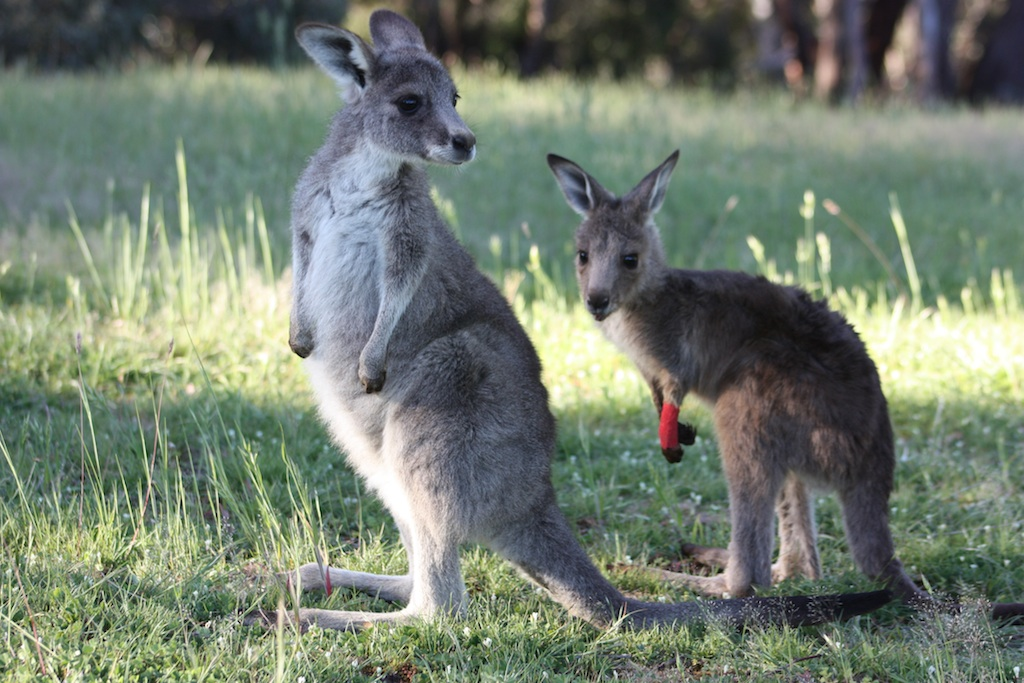Cover Image: Rows of sows live confined to gestation crates at an industrial pig farm in Quebec, Canada. Jo-Anne McArthur / We Animals Media
Reducing the production and consumption of animal products on a large scale not only benefits animal welfare, but it can also have profound effects on the health of our planet. As 2023 came to a close, our Humane Society International colleagues returned from the United Nations’ conference on climate change, COP28, which took place in Dubai. Importantly, 2023’s conference was the first ever to include a day dedicated to the theme of “Food, Agriculture, and Water.” Over the two-week conference, more than 600 events addressed a range of food and agriculture topics related to climate change. It was also the first COP to serve a majority plant-based catering menu. These were encouraging signs of increased recognition of the critical role food systems play in relation to climate change.
For too long, the part animal agriculture plays in climate change has frequently been sidelined from climate discussions. Food systems contribute over one-third of all human-caused greenhouse gas emissions, with production of animal-sourced foods responsible for an estimated 57% of that total. Currently, more than 16.5% of greenhouse gases come from animal agriculture, which is no surprise considering that globally, more than 92.2 billion farmed land animals are kept and killed every year. To effectively confront climate change, we must transform food production systems and our consumption habits.
Thankfully, we saw several steps in the right direction taken at COP28. For example, more than 150 countries agreed to integrate agriculture and food systems into their national climate action plans through the United Arab Emirates’ Declaration on Sustainable Agriculture, Resilient Food Systems, and Climate Action. Among other things, the UAE Climate and Health Declaration noted that “shifts to sustainable healthy diets” benefit both the climate and health and mentioned the importance of collaborating across “human, animal, environment, and climate health challenges, such as by implementing a One Health approach,” which aims to balance and improve the health of people, animals and the environment.
Perhaps the most critical outcome at COP28 was the Global Stocktake (GST) decision, considered by many to be the most important development in climate action since the adoption of the Paris Agreement in 2015. Operating as both a benchmark to assess collective progress toward meeting the goals of the Paris Agreement and a framework to guide and ramp up future climate action, the GST political outcome was a priority for this COP and the subject of intense and protracted negotiations. Although the first several drafts of the GST omitted agriculture and food systems nearly entirely, the final text included references to “sustainable agriculture” and “resilient food systems” in the section on adaptation, an encouraging signal that food should be considered vital for the global response to climate change. I’m pleased to report that that the advocacy we undertook with partners at the conference helped to produce this result, not a small task, considering the many agribusiness lobbyists present at COP28.
Still, world leaders fell short in seizing a few key opportunities. Although the Emirates’ Declaration on food was a step forward, it failed to specifically address the importance of reducing greenhouse gas emissions from one significant source: animal agriculture. In the GST, there was no explicit reference to food systems in the mitigation section, a stark missed opportunity to signal the critical urgency of reducing emissions from the food and agriculture sector. Science has indicated that even if fossil fuels were phased out immediately, we are unlikely to meet the goals of the Paris Agreement without reducing the greenhouse gas emissions from our food systems.
Reducing the number of animals raised must be part of the solution. We work with municipalities, food service companies, hospitals, schools and others around the world to transition at least a part of their procurement to plant-based food. Last year, our Brazil team worked with the city of Belém to commit to and begin implementing the transition of 3.7 million meals per year to plant-based food in its municipal schools. Belém will be the host city of COP30 in 2025, and so we will promote the program as a practical model of how procurement shifts can help meet climate targets. Such a model can be adopted on a much larger scale to help countries meet their climate goals, and further, improve access to more healthy, sustainable and plant-rich food.
I’m proud of the work HSI’s Farm Animal Welfare and Protection team did on the ground at COP28, co-organizing and speaking at panels and events, collaborating through coalitions of organizations, and connecting with 20 country negotiators in advocating for the inclusion of food systems in the GST text. And I’m heartened in our resolve to reduce animal suffering by advocating for governments, businesses and individuals to transition to a more plant-focused future.
As we turn the calendar on the new year, we are teaming up with Veganuary (a nonprofit organization that encourages people worldwide to try vegan for January and beyond) on a menu pilot training for eight institutions that will make plant-based menu swaps. We plan to track these swaps and calculate the resulting greenhouse gas savings at the end of January. This is just one of the ways we’re remaining committed to reducing animal suffering by reducing demand for animal products.
You can help by urging world leaders to support and drive a transition toward a more resilient and more plant-centric food system. You can also make a resolution to try more animal and planet-friendly dietary choices.
Follow Kitty Block @HSUSKittyBlock.


